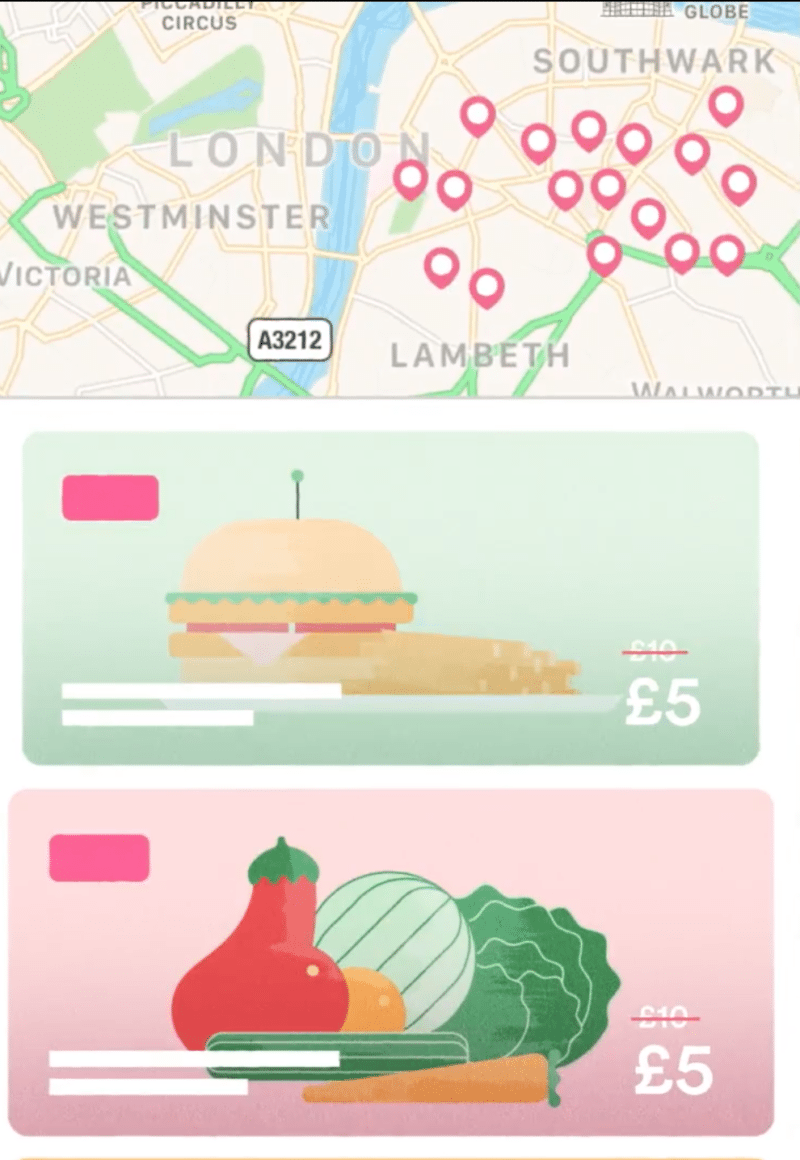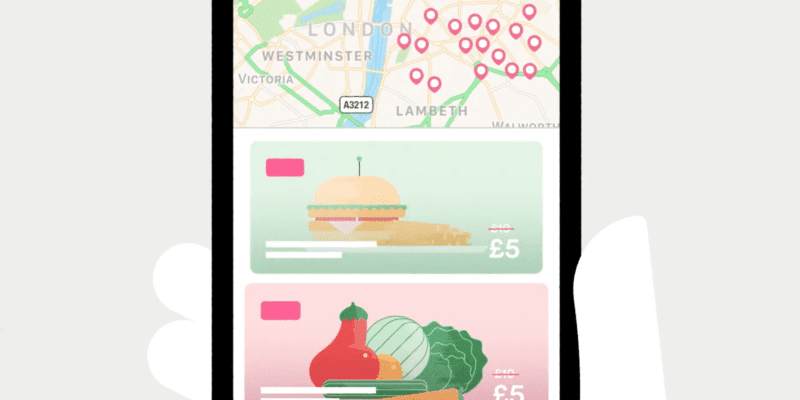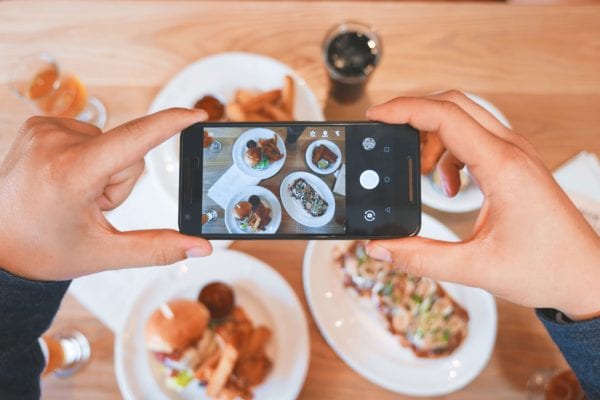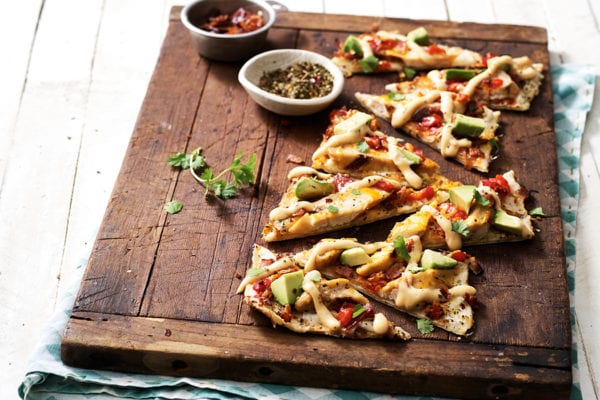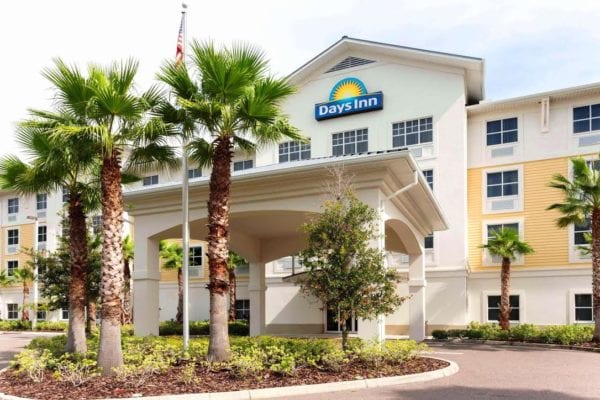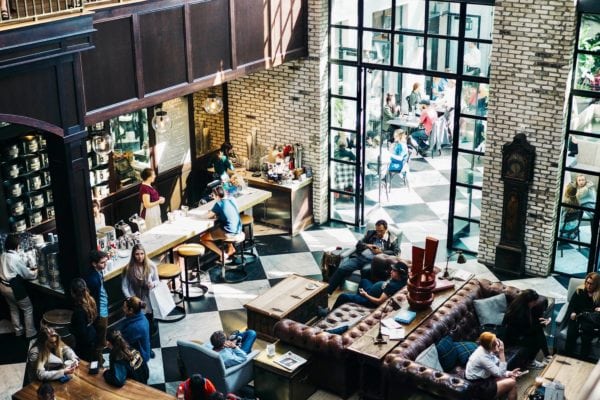Skift Take
After the deluge of food-related apps that just help people be lazier, this is the type of efficiency and life-improving tech that we are very happy to see.
— Jason Clampet
If you’ve overestimated the daily demand for chia seed and homemade granola pots, or dripping, do you just throw the food out, or try and sell it quickly on the cheap?
Fifty eateries in London, including Aubaine, Hummus Bros, The Quality Chop House, and Michelin-starred Aquavit, can now opt for the latter through a mobile app, Karman, which launched in the city Thursday after an initial rollout across 35 cities in Sweden.
“The problem of food waste is very big here, so it’s a huge market for us,” said Karma co-founder Elsa Bernadotte. “London has an established food culture, a high degree of digitization, and is getting increasingly environmentally conscious.”
The Food and Agriculture Organization of the United Nations estimates that about a third of food produced for human consumption — about 1.3 billion tonnes globally — is lost or wasted each year. One study estimates British restaurants, bars and hotels to waste about 600,000 tonnes a year, worth about 17 billion pounds ($23.9 billion), with restaurants accounting for the largest single share.
Restaurants with excess pre-prepared dishes can list their spare produce on Karma’s app. Users receive notifications when a nearby establishment has fresh inventory for sale. This can then be purchased through the app for a 50 percent discount over the usual retail cost, and collect it in person. Karma takes about a 25 percent cut of the sale price.
Wasted Opportunity
Karma is part of a cluster of startups looking to connect retailers with customers to cut out waste. In January members of the Walton family, heirs to the Wal-Mart Stores Inc. fortune, invested in FoodMaven, a U.S. startup creating a marketplace to find buyers for food that has been rejected by retailers. London-based Olio lets individuals give away food in tiny quantities to neighbors — an old Christmas cake (sealed) for example, or a bag of frozen parsnips. Too Good to Go offers a similar service to Karma across Europe.
Karma launched in Sweden in 2016, backed by VC firms including e.ventures, which previously invested in Groupon, GoToMeeting and Farfetch, as well as Sophia Bendz, a former global marketing director at Stockholm neighbor Spotify. The company said in a statement it has 250,000 users and about 1,000 food partners in Sweden.
The company began partnering with only restaurants, but now about 20 percent of businesses listing food on Karma in Sweden are grocery stores. “Soon it will be maybe fifty percent grocery stores,” Bernadotte said in an interview. The startup is focusing on restaurants in London, “but we are in talks with supermarkets as well,” Bernadotte said. “It’s coming.” She declined to name any but said she was hopeful a partnership would be reached this year.
The amount of food wasted by businesses and individuals is expected to reduce over the coming years, according to a spokesman for Wrap, a U.K. industry body and charity, and smartphone apps have been helping.
Bernadotte says Karma has about 25 full-time employees in Sweden but has no plans in place to establish a London office or hire staff in the city this year. Instead the company will run all operations from Stockholm.
©2018 Bloomberg L.P.
This article was written by Nate Lanxon from Bloomberg and was legally licensed through the NewsCred publisher network. Please direct all licensing questions to [email protected].
![]()

